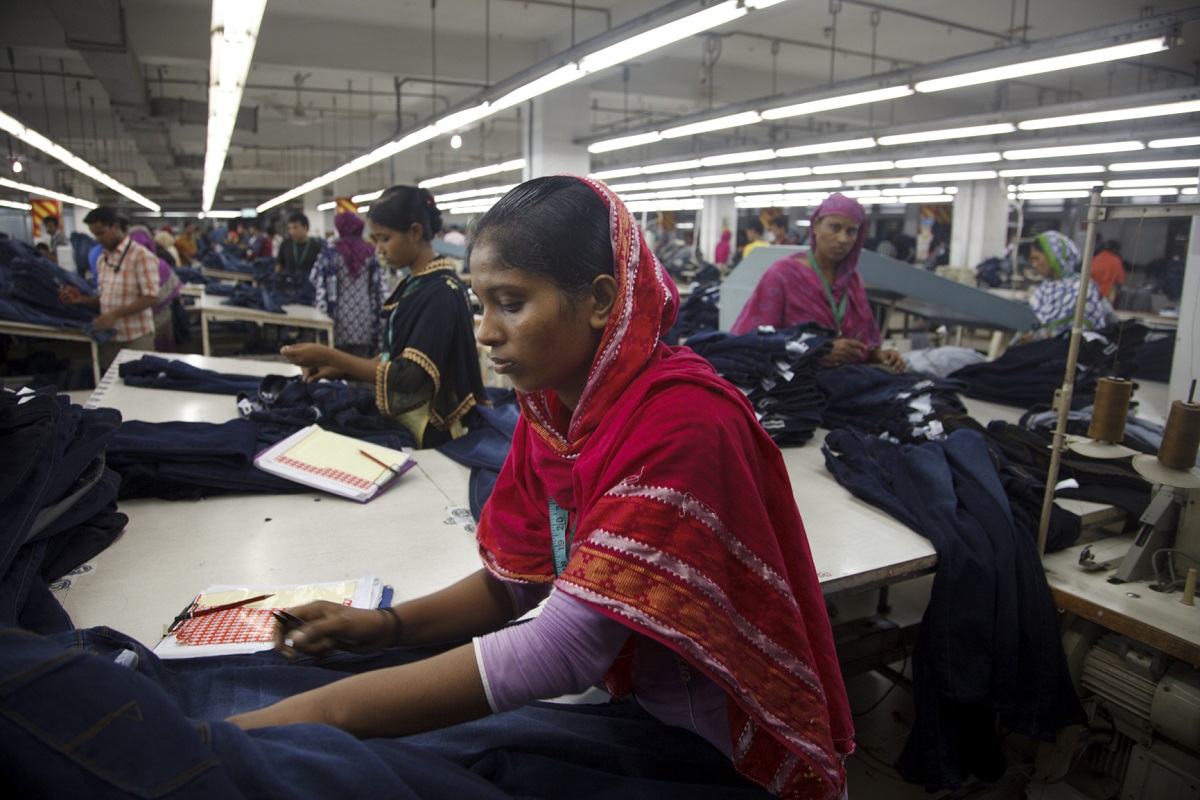A devastating factory fire, a deadly building collapse or severe environmental damage highlight the consequences of irresponsible business. Though less widely reported, in many countries the exploitation of workers and human rights abuses occur on a daily basis, including non-payment of the minimum wage or poor working conditions.
In some cases, labour rights are worsening. In agriculture, many workers only have access to precarious, informal-sector work with low wages. With more than two thirds of global trade flowing through global value chains, such conditions continue to characterise the production of large amounts of goods which reach consumers’ shelves. For companies to be truly responsible, they need to address a whole range of issues relating to human rights and the environment, including climate mitigation.
Initiatives that seek to enable companies and sectors to change and become more responsible have proliferated, but how effective are they and what is their impact?
 Recent research from NRI’s Development Programme on Sustainable Trade and Responsible Business (STRB) has explored whether global companies are becoming more responsible, and what drivers and mechanisms are involved. Research shows that ‘responsible business’ rhetoric commonly fails to reflect reality.
Recent research from NRI’s Development Programme on Sustainable Trade and Responsible Business (STRB) has explored whether global companies are becoming more responsible, and what drivers and mechanisms are involved. Research shows that ‘responsible business’ rhetoric commonly fails to reflect reality.
There is also a huge transparency gap, rendering it difficult to assess the current status, or even the direction of change, in different industries and sectors. Making business more responsible has the potential to have a huge positive impact on everyone, especially the millions of poor workers and communities whose lives are directly affected by business. However, it is difficult to find clear evidence that sectors and industries are becoming more responsible based on voluntary initiatives.
NRI’s STRB team recently completed a performance evaluation of the DFID programme ‘Responsible, Accountable and Transparent Enterprise’ (RATE) – which focused on prominent Responsible Business Initiatives, including: the Global Reporting Initiative, UN Global Compact, World Benchmarking Alliance, ShareAction, Ethical Trading Initiative, Humanity United, and Shift, who work with the majority of leading global companies.
These organisations all seek to engage business to be more responsible and to ensure and improve the safety and well-being of poor people and workers affected by business, as well as addressing the environmental impact of business. However, evidence of the effectiveness and impact of these Responsible Business Initiatives is lacking.
The NRI team supported the partner organisations to develop theories of change, to build their monitoring, evaluation and learning capacity, and to periodically reflect upon their impact. Such processes are encouraging the Responsible Business Initiatives to make strategic changes to try and increase their positive impacts on communities, workers and environments.
The STRB team has also published academic research based on the evaluation studies, revealing the systemic constraints in responsible business supply chains around the world, especially the limitations of levers involving purely voluntary measures, because of the power of countervailing competitive commercial pressures.
There is an urgent need for enterprise, economics and politics to be more resilient (able to recover from shocks and stresses), regenerative (restores, renews and regrows assets), and accountable (answerable to and driven by communities and the public). In collaboration with partners around the world, future research in STRB will focus on what this really means in practice, and what levers and mechanisms are required.
A particular focus will be on what is needed to achieve regenerative economy transitions that anchor the circulation of products and services in more localized patterns, and the implications for fair, ethical and environmental business models based on global exchange.
To find out more about:
NRI’s Development Programme on Sustainable Trade and Responsible Business (STRB)

